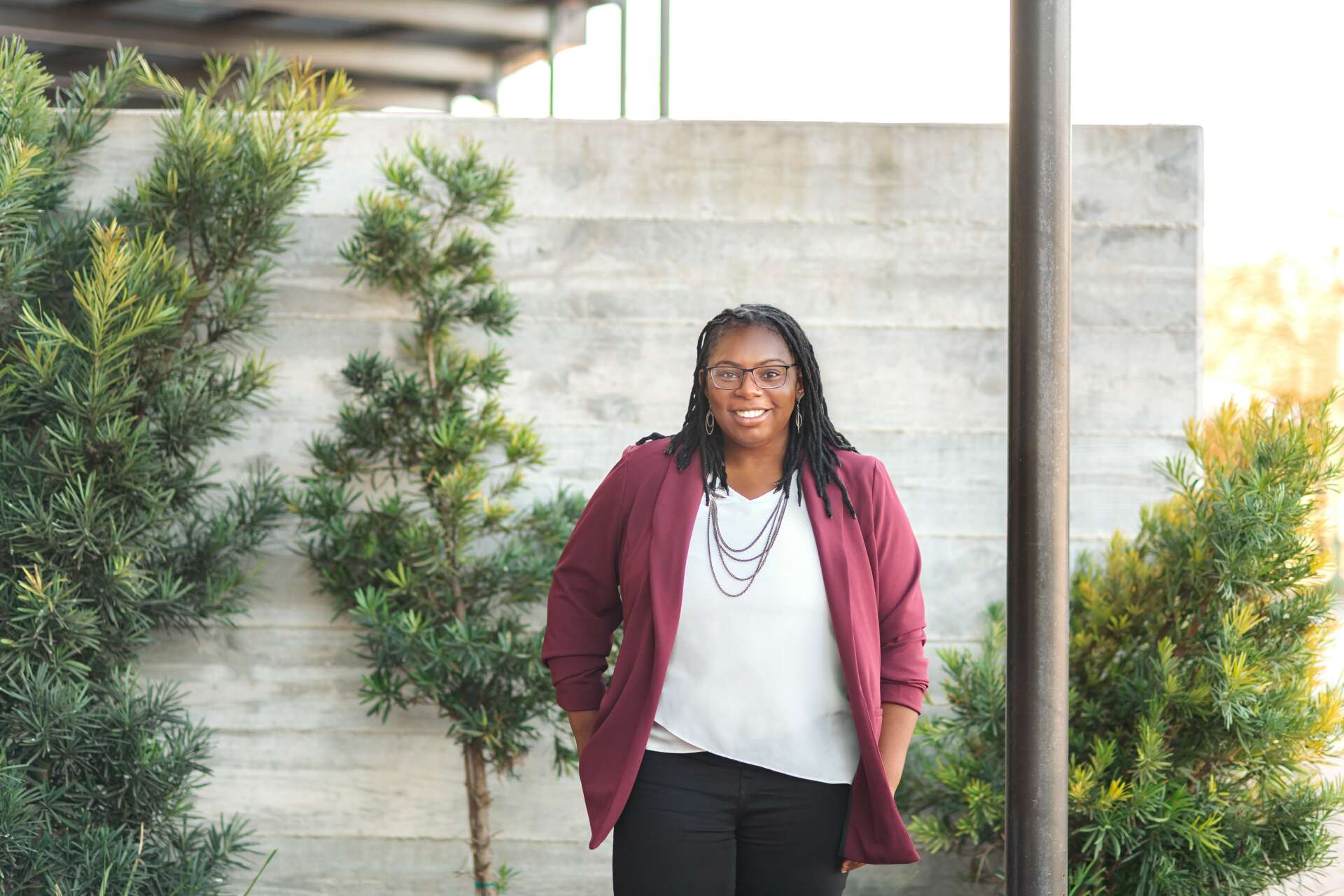We caught up with the brilliant and insightful Amanda Onochie, CNP a few weeks ago and have shared our conversation below.
Alright, Amanda thanks for taking the time to share your stories and insights with us today. Have you ever experienced an industry-wide U-Turn? Tell us about it?
Thank you for having me! I’ve worked in the nonprofit realm for 15 years and though I’ve observed many industry U-Turns during my tenure, nothing compares to the metaphorical 42–Point Turn of Asset Based Community Development (ABCD).
Asset Based Community Development is an approach made popular by John L. McKnight and John P. Kretzman, Northwestern University faculty, in the 80’s/early 90’s. Their co-authored book ‘Building Communities from the Inside Out: A Path Toward Finding and Mobilizing A Community’s Assets’ refers to ABCD as the sustainable development of communities based on said communities’strengths and potential. This idea can also be explained as shifting recipients-generally low income residents- from Clients consuming resources into Contributors collaborating on solutions within their household & neighborhood.
In line with this thinking, I had the opportunity to truly engage the residents of my jurisdiction. I was paid to meet, share, learn and build alongside those who were once only regarded as beneficiaries. By way of public health, I gathered their thoughts, likes, dislikes, visions of the future and supported them in achieving individual/communal milestones. Having witnessed the transformational power of this methodology just shy of 2 years, I joined the United States Peace Corps as an Individual & Organizational consultant. I closed up shop Stateside and prepared to test my development theories for 27 months in a population on the other side of the world.
Though government-funded, public facing intuitions are still catching on there has been much momentum in the nonprofit sector surrounding relational work especially during the Covid-19 pandemic. Local and federal governments were forced to acknowledge the necessity of intentional community relationships most of which were fostered by individuals under the title of Community Health Worker (CHW) or Promotora. I believe
in the ABCD methodology so much so that I’ve become a lifelong steward of it.


Amanda, before we move on to more of these sorts of questions, can you take some time to bring our readers up to speed on you and what you do?
Certainly. A Certified Nonprofit Professional (CNP) and former intrapreneur, I’ve provided free consultation to nonprofit and profit-for-purpose startups over the past decade. While my international community development experiences have served as exploratory studies to my growing research on change management and motivation, I officially launched my NGO consultancy business as a way to guide more organizations onto paths that yield a full profile of their programmatic impac.
AB Community Development Solutions LLC is a firm specializing in asset based strategies for nonprofit and profit-for-purpose management. Created to increase the operational efficiency of beleaguered direct service agencies, we promote sustainable programming through hands-on collaboration and intentional client engagement. I’ve worked alongside entities of various sizes, industries and initiatives creating a portfolio of experience I’m quite proud of.
Services include:
Agile Project Management
Asset Based Community Development Implementation
Board Governance
Organizational Assessment
Program Evaluation
Strategic Planning
Sustainable Programming
Turnaround Management
In my free time as a multi-passionate individual I enjoy educating youth on the societal benefits of service learning initiatives like AmeriCorps. I also write for the Nonprofit Leadership Alliance in support of current nonprofit leaders and volunteer as a facilitator of Google’s #IamRemarkable self-promotion campaign.
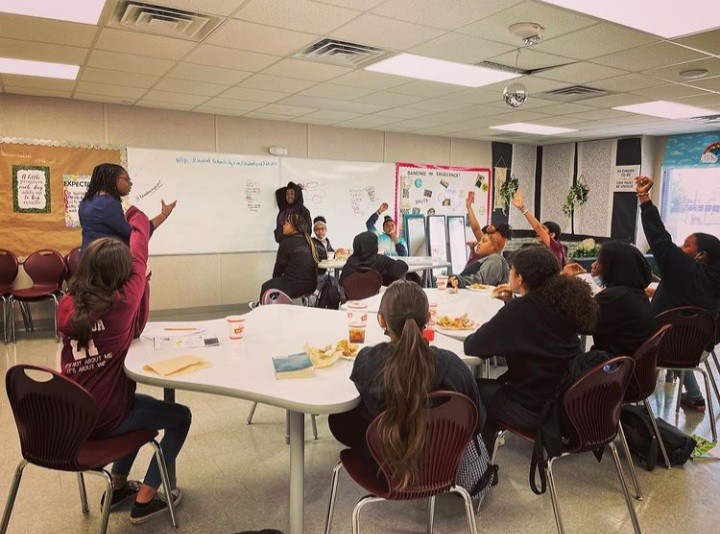

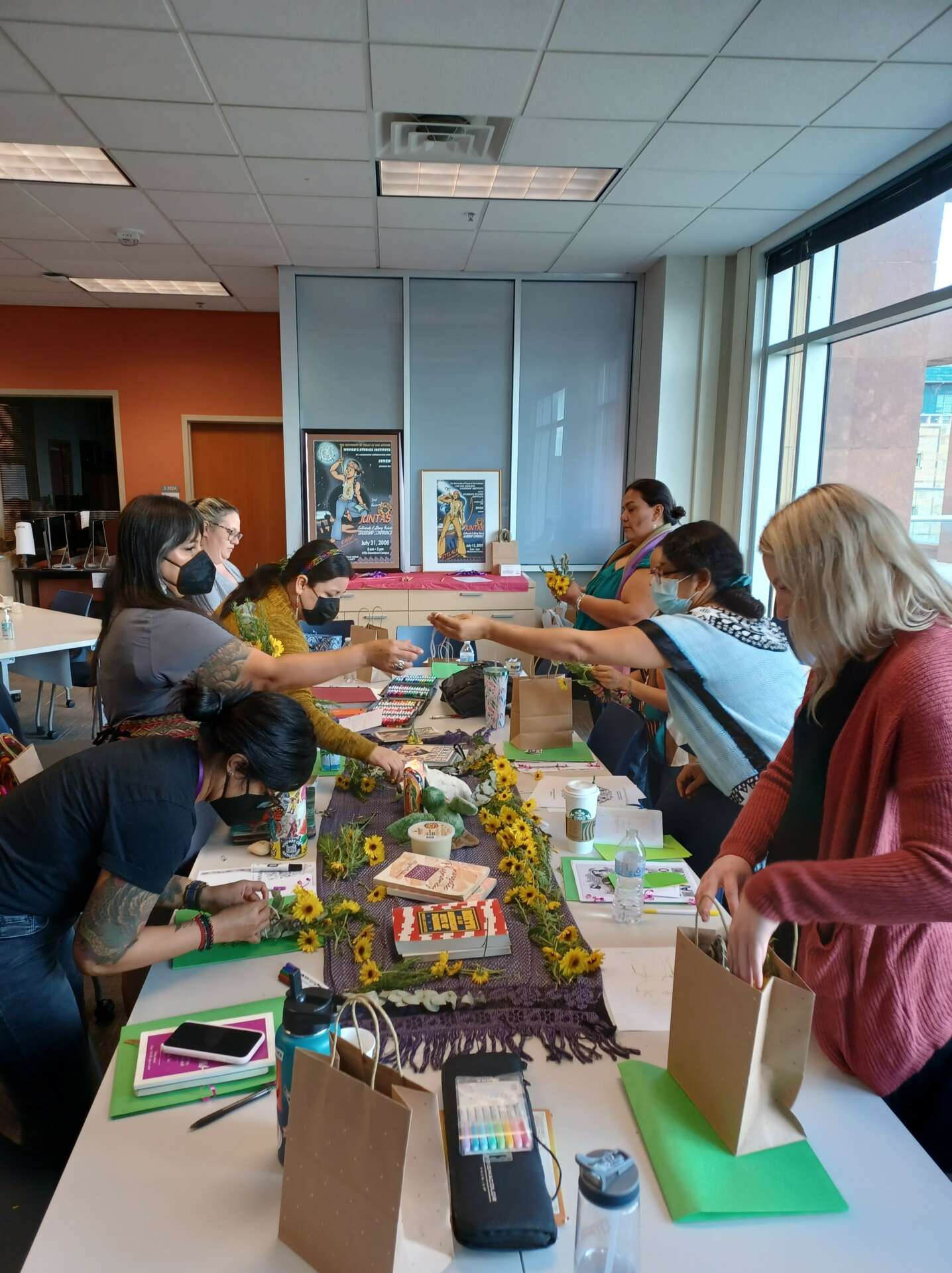
Learning and unlearning are both critical parts of growth – can you share a story of a time when you had to unlearn a lesson?
The most recent lesson I’ve had to unlearn involved the limits within servant leadership. Backstory:
I settled in Connecticut when I returned from my stint in the Former Republic of Georgia. After 3 years I decided to move to Illinois to research rural community dynamics in middle America. At the 11th hour of my preparation and DEFINITE interstate move, an old Texas colleague of mine called asking for assistance in scaling their business. I chose to postpone grad school and made a very expensive reroute to Texas under the agreement that I was to be a managing member of the LLC. Unfortunately, all that was promised was not delivered upon and what was displayed publicly was merely a façade.
I share this story not to shame the business owner but to embolden others to stand solidly behind their dreams. When I took inventory of my actions I realized how easily I had prepared to forfeit my goals of the
next decade for the success of a fellow entrepreneur. The discipline of servant leadership does not preach self sabotage. My workaholic tendencies over the years had bulldozed my personal boundaries leading to the previously mentioned culminating event.
Don’t fret, there is a silver lining to this story! 2022 has been a year of grace, blessings and personal/professional opportunities that I could not have dreamed of. None of it would have ever happened if I hadn’t returned to Texas. For that – I’m grateful.

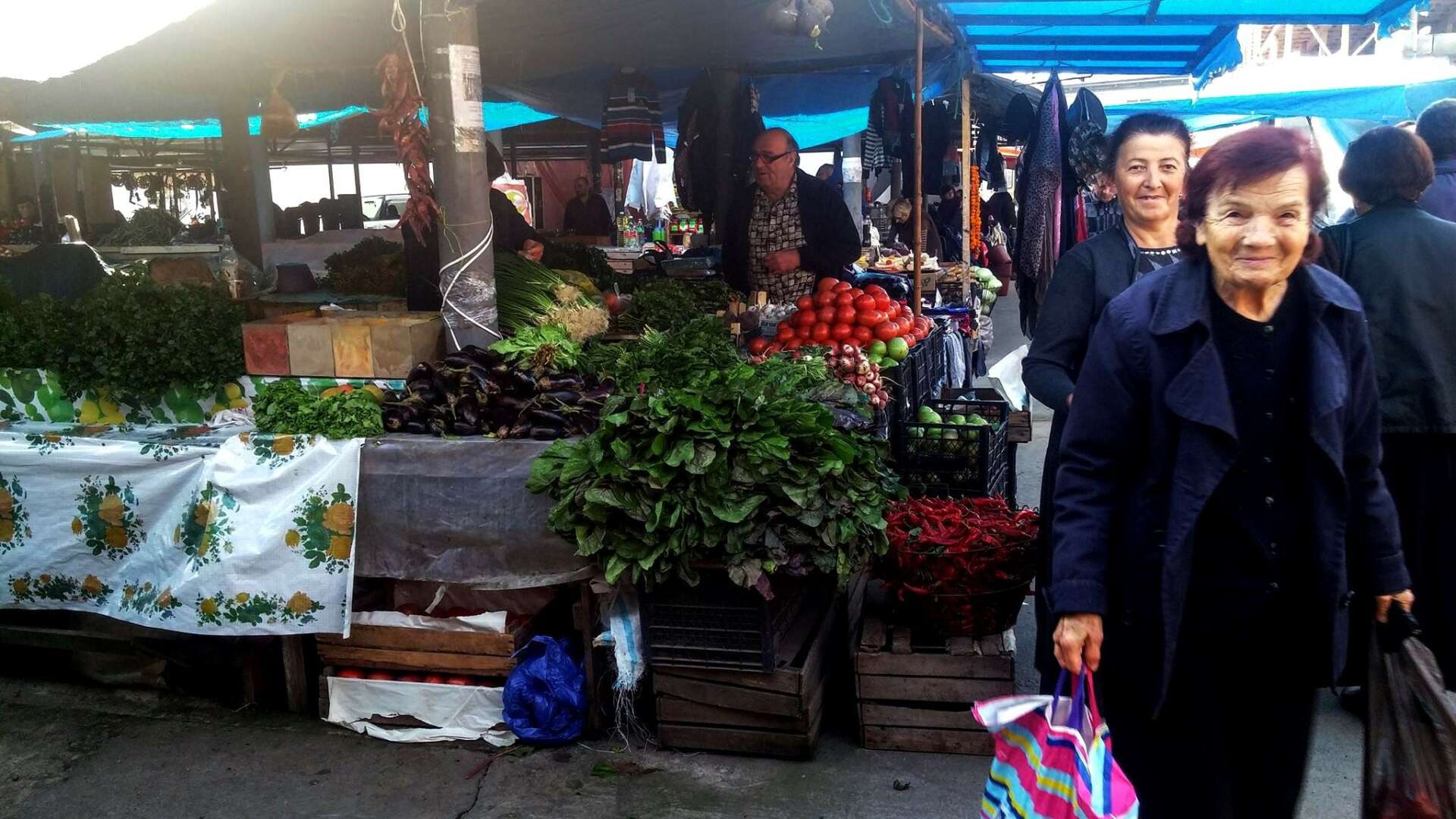
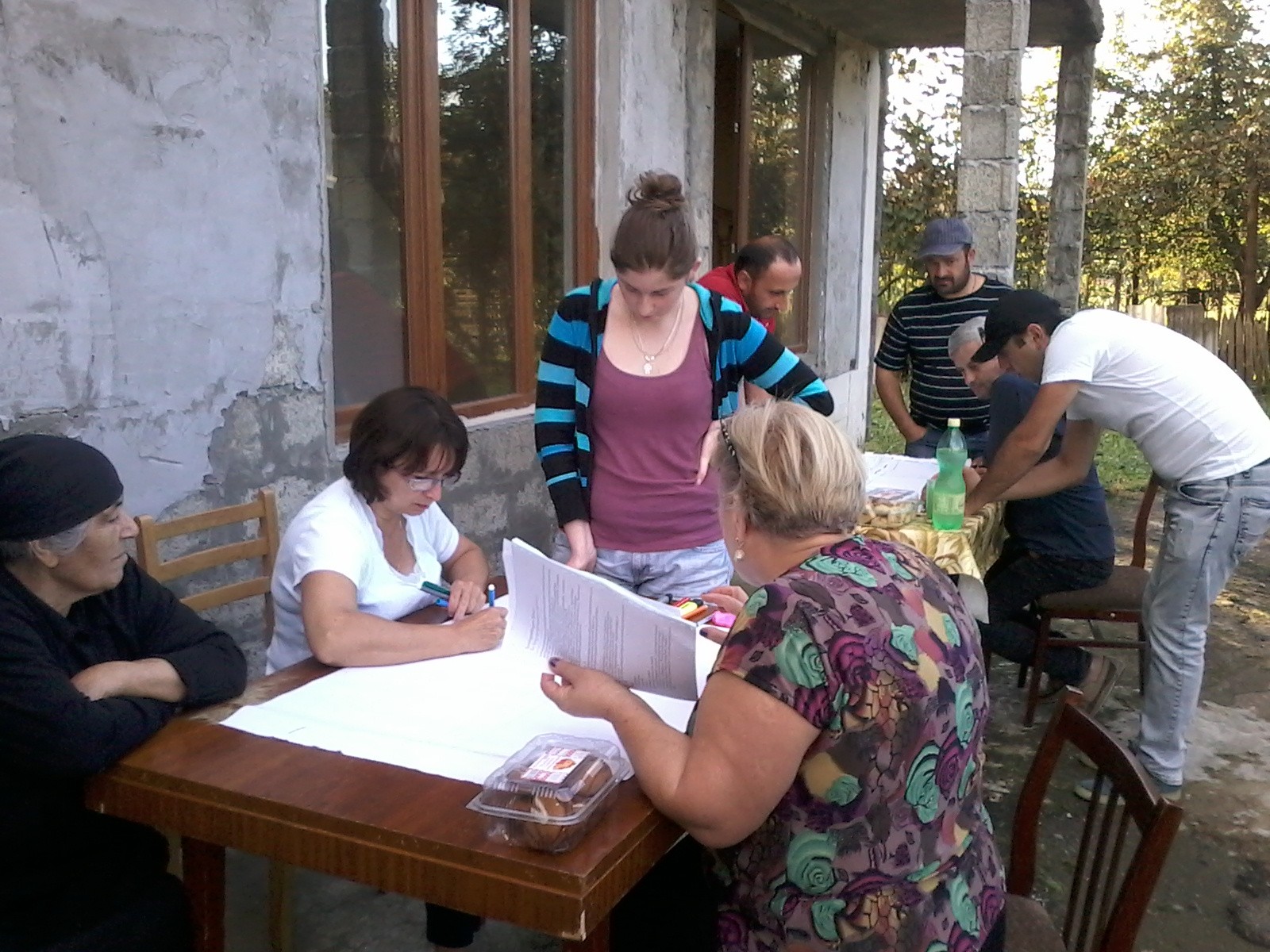
Are there any books, videos or other content that you feel have meaningfully impacted your thinking?
There are too many to name but the following are a two items that have contributed to my professional perspective:
Video
Sustainable Community Development: From What’s Wrong to What’s Strong | Cormac Russell | TEDxExeter
Genuine connection, I feel, is what’s missing in all of the attempts at cohesive community development.
Term
Wabi-Sabi. In an architecture course I attended many moons ago I learned of a Japanese aesthetic worldview that identifies the beauty and serenity in objects, landscapes, designs, etc., to be simple, imperfect, and impermanent. A classic example of wabi-sabi is the art of kintsugi, where cracked pottery is repaired using gold lacquer. This repair restores the item’s functionality while also honoring the beauty within the damage. This not only struck me stylistically but in terms of society- we are all imperfect but with intentional investment of time we can become vessels of warmth.
Contact Info:
- Website: https://abcommunitydevelopment.com/
- Instagram: https://www.instagram.com/abcd_solutions4sa/
Image Credits
Amanda Onochie


